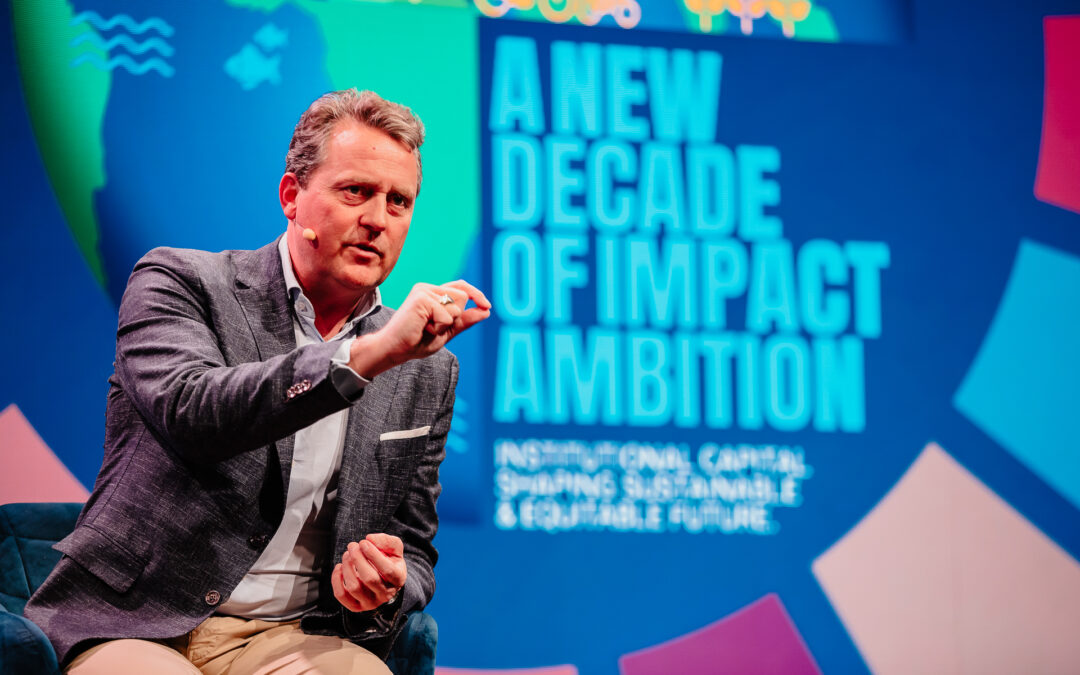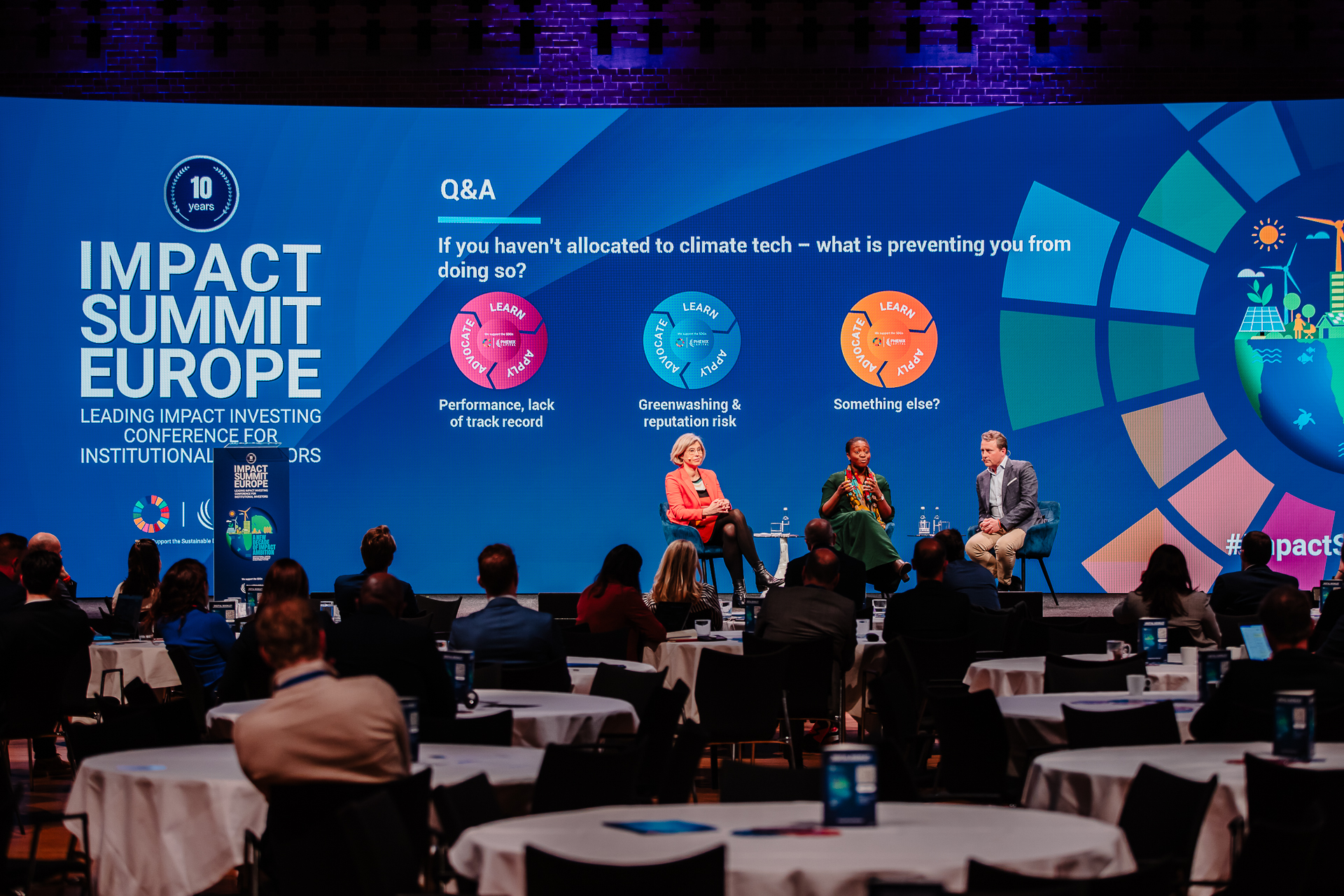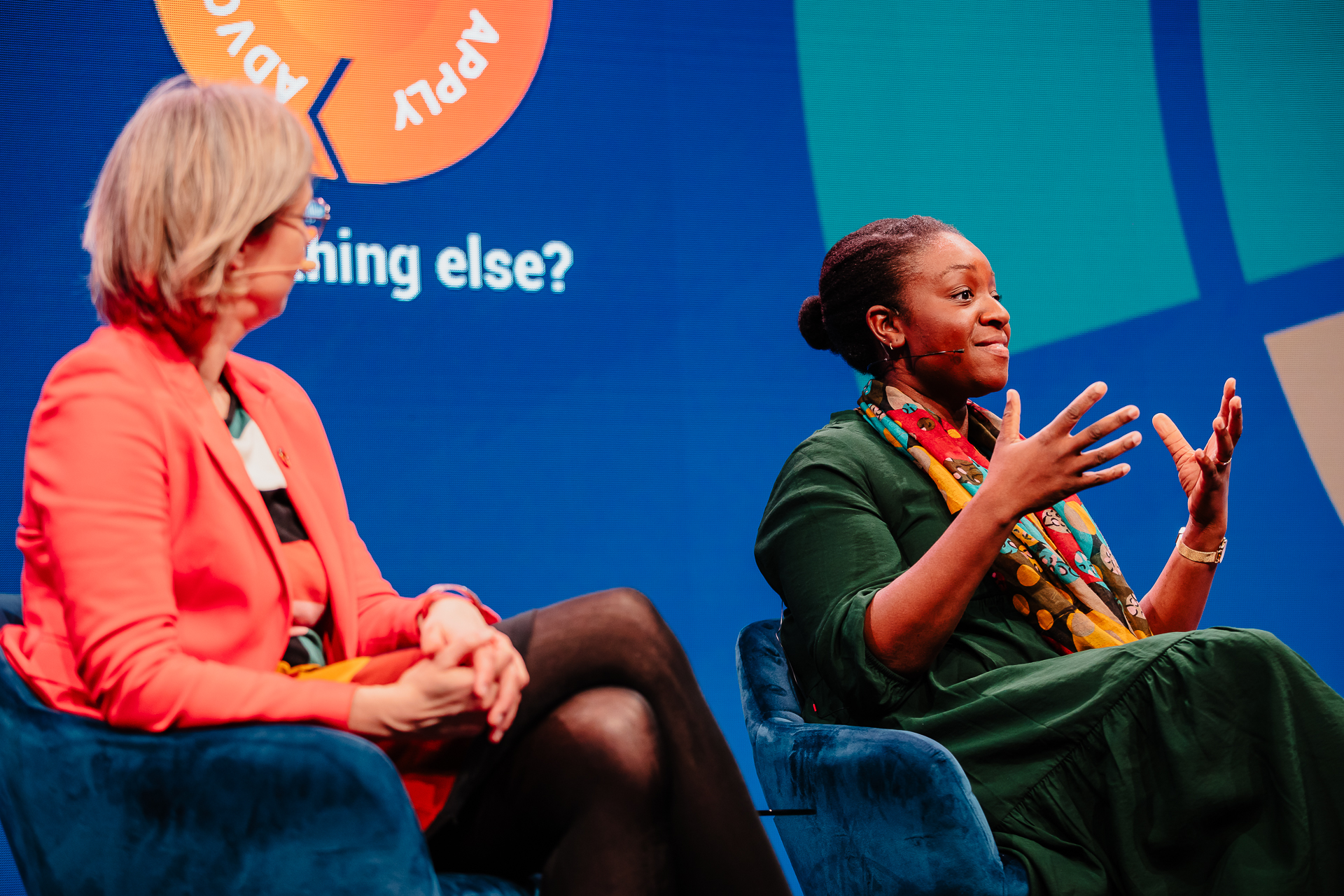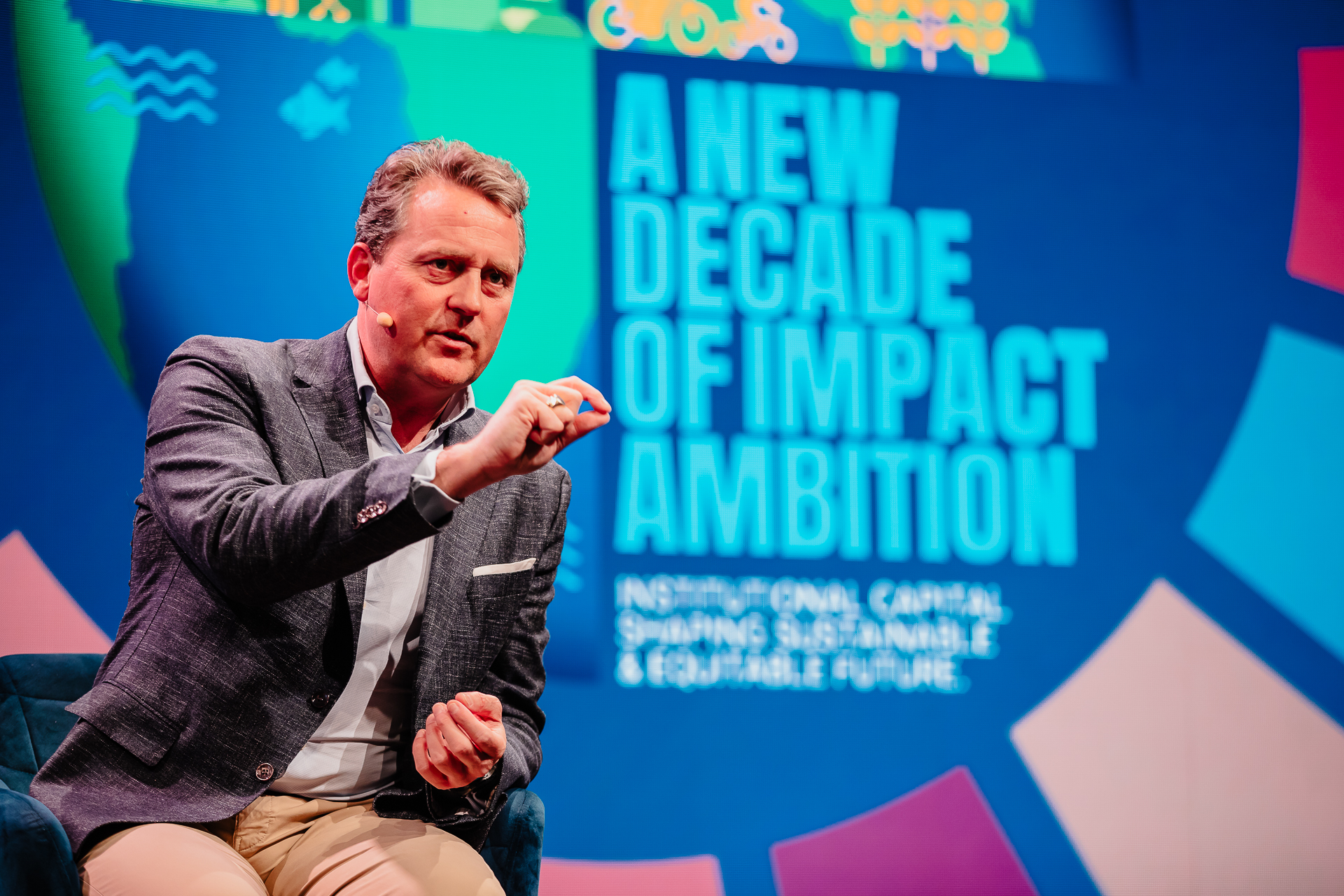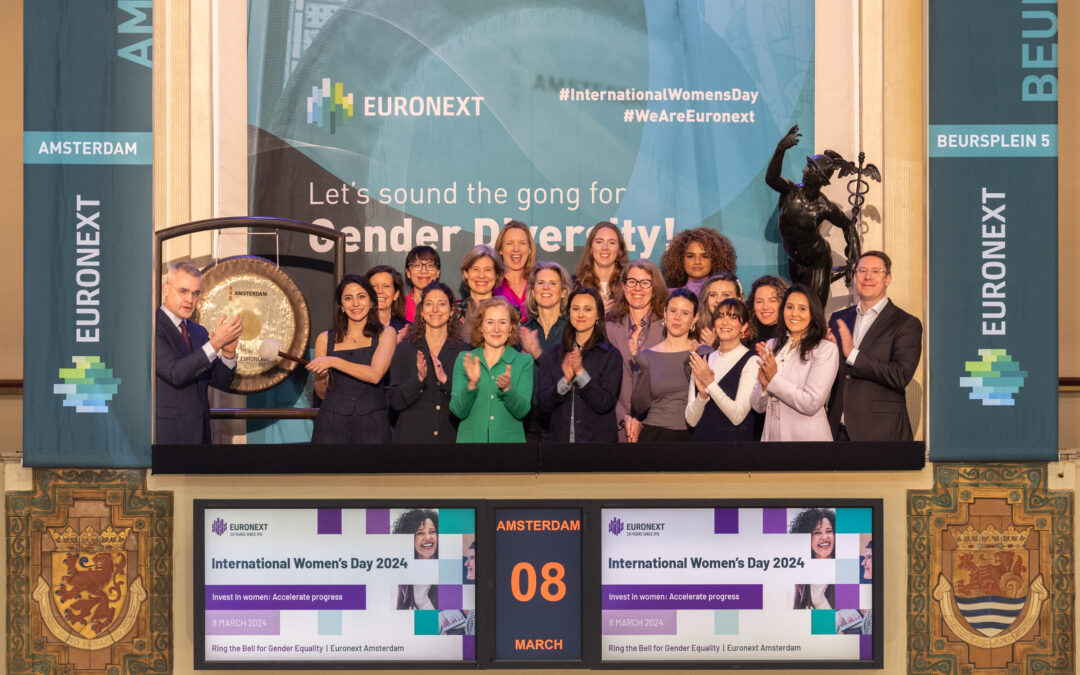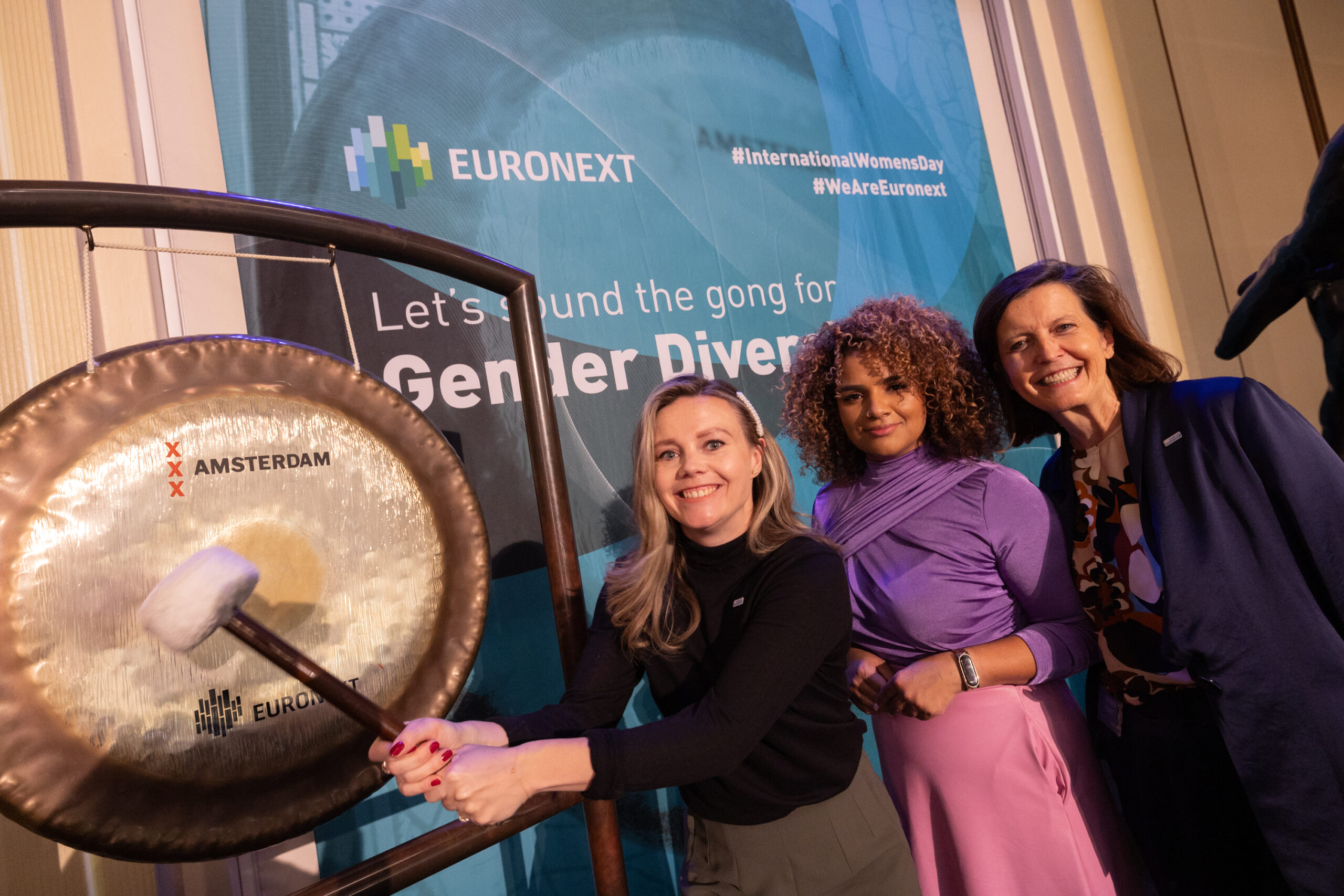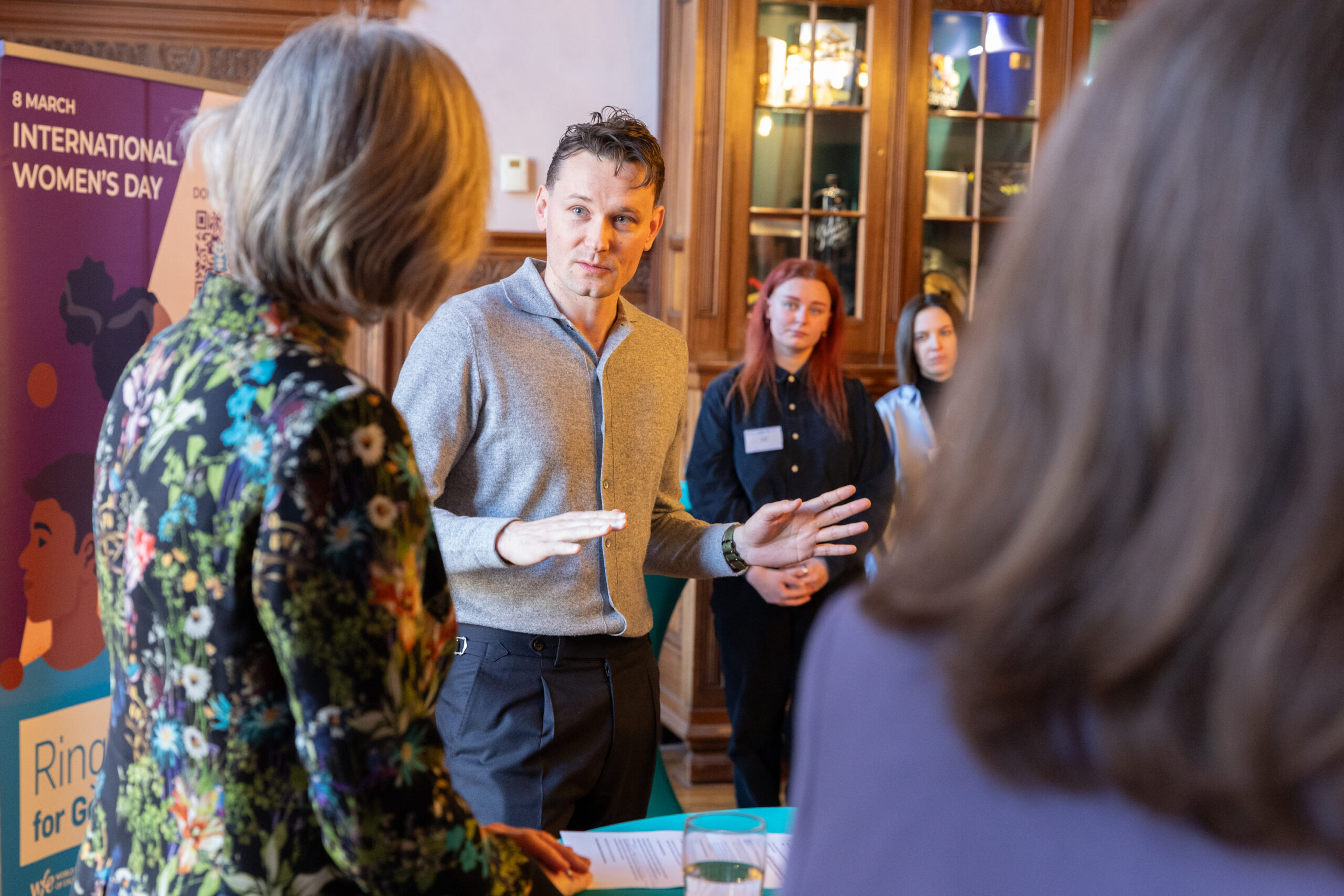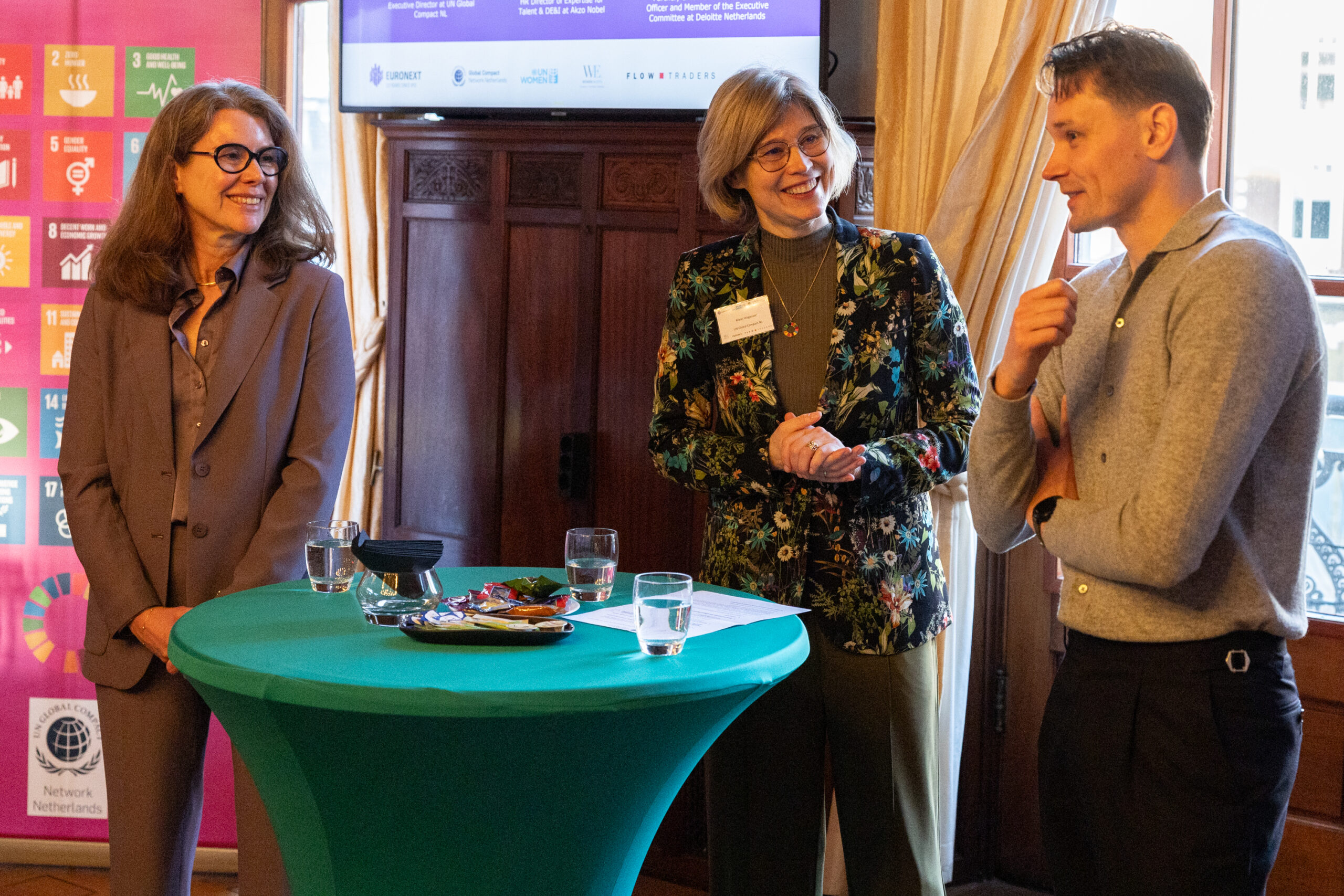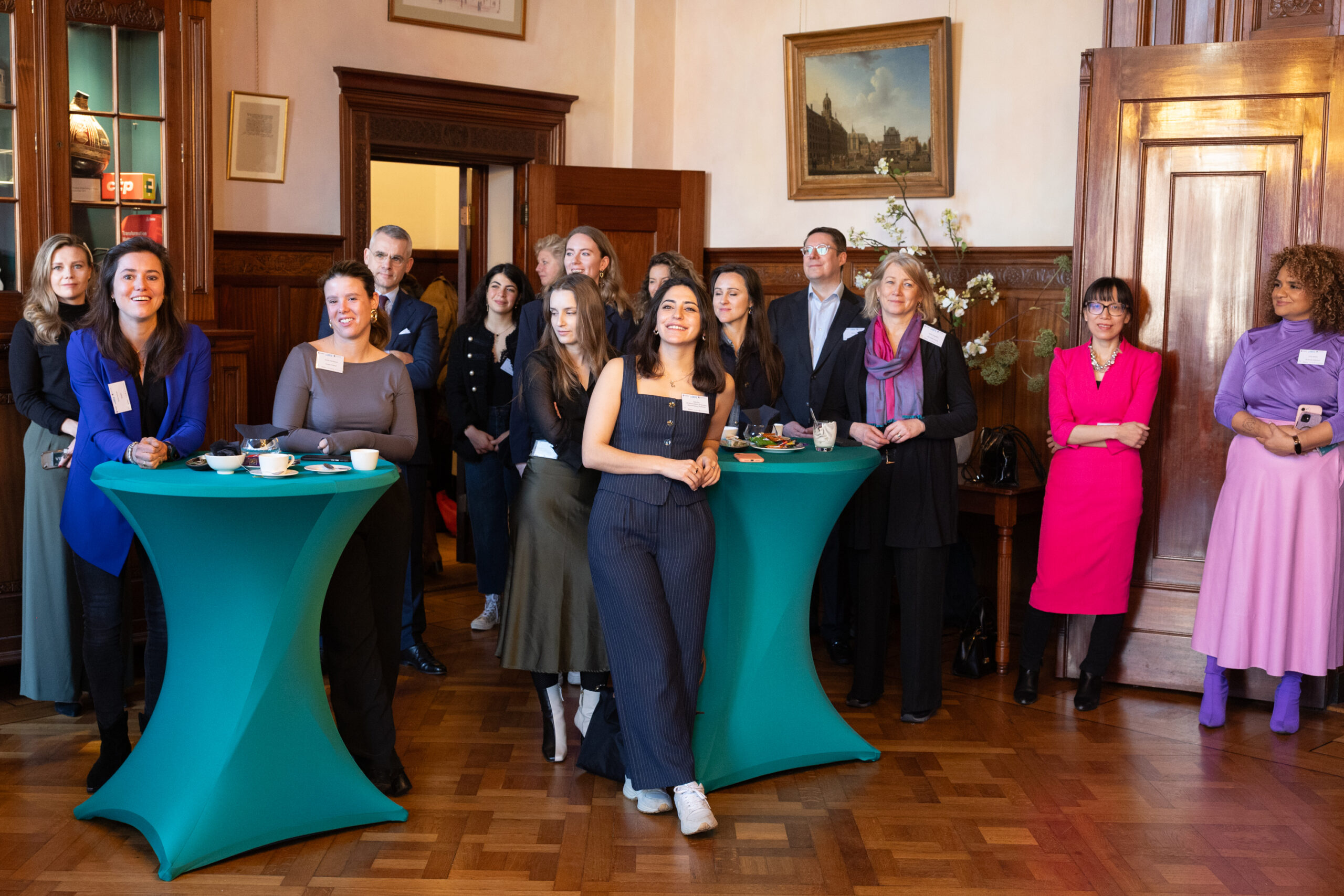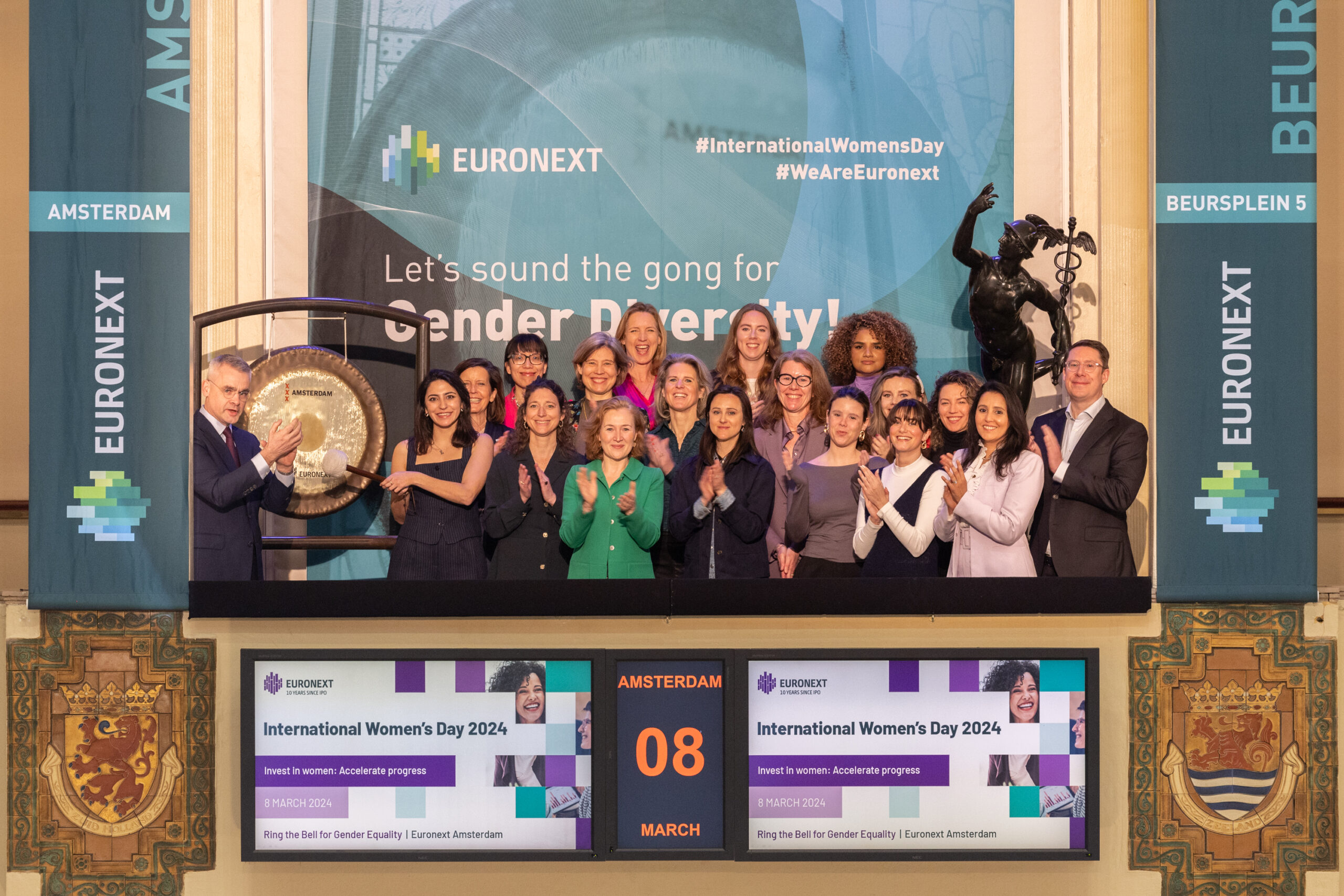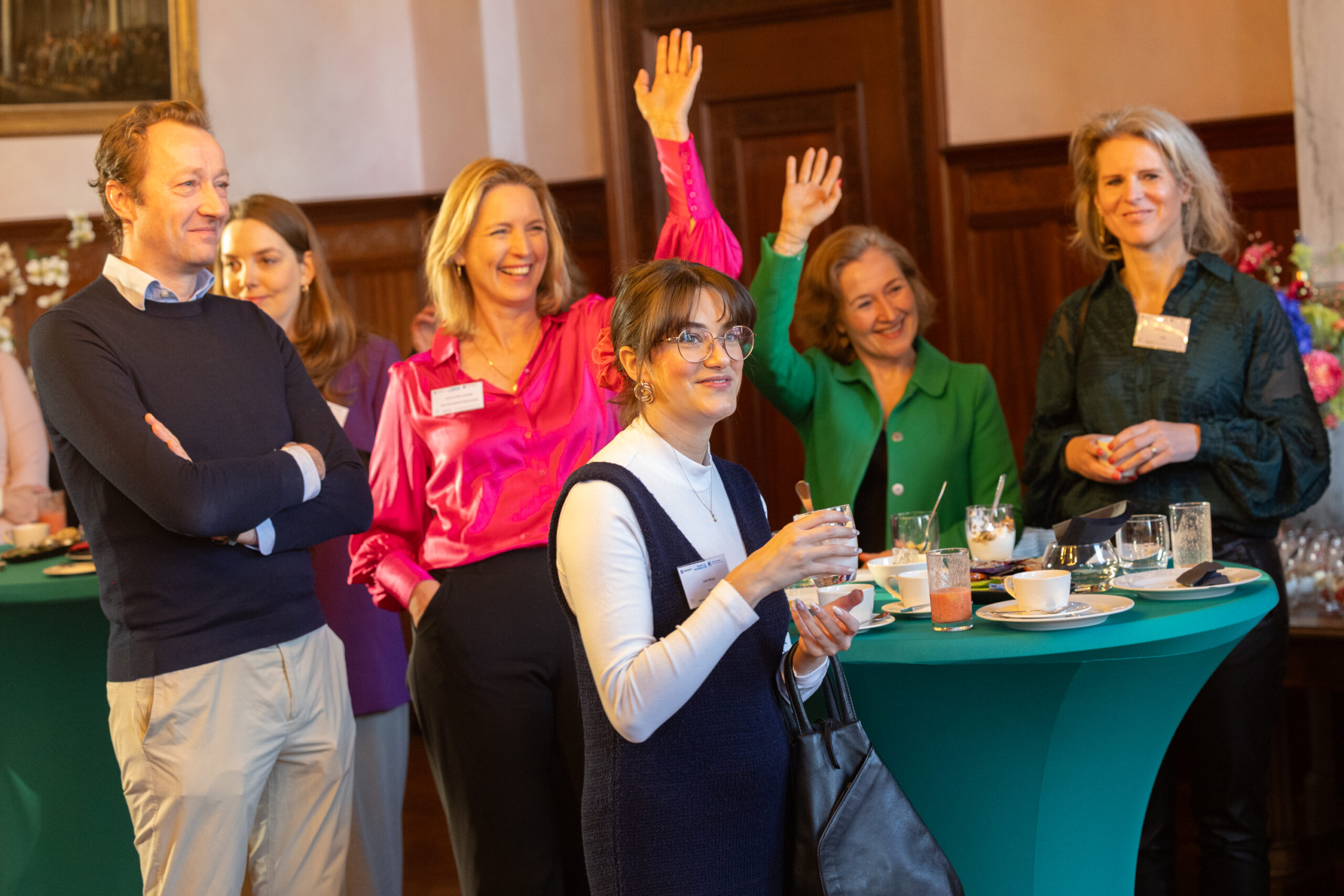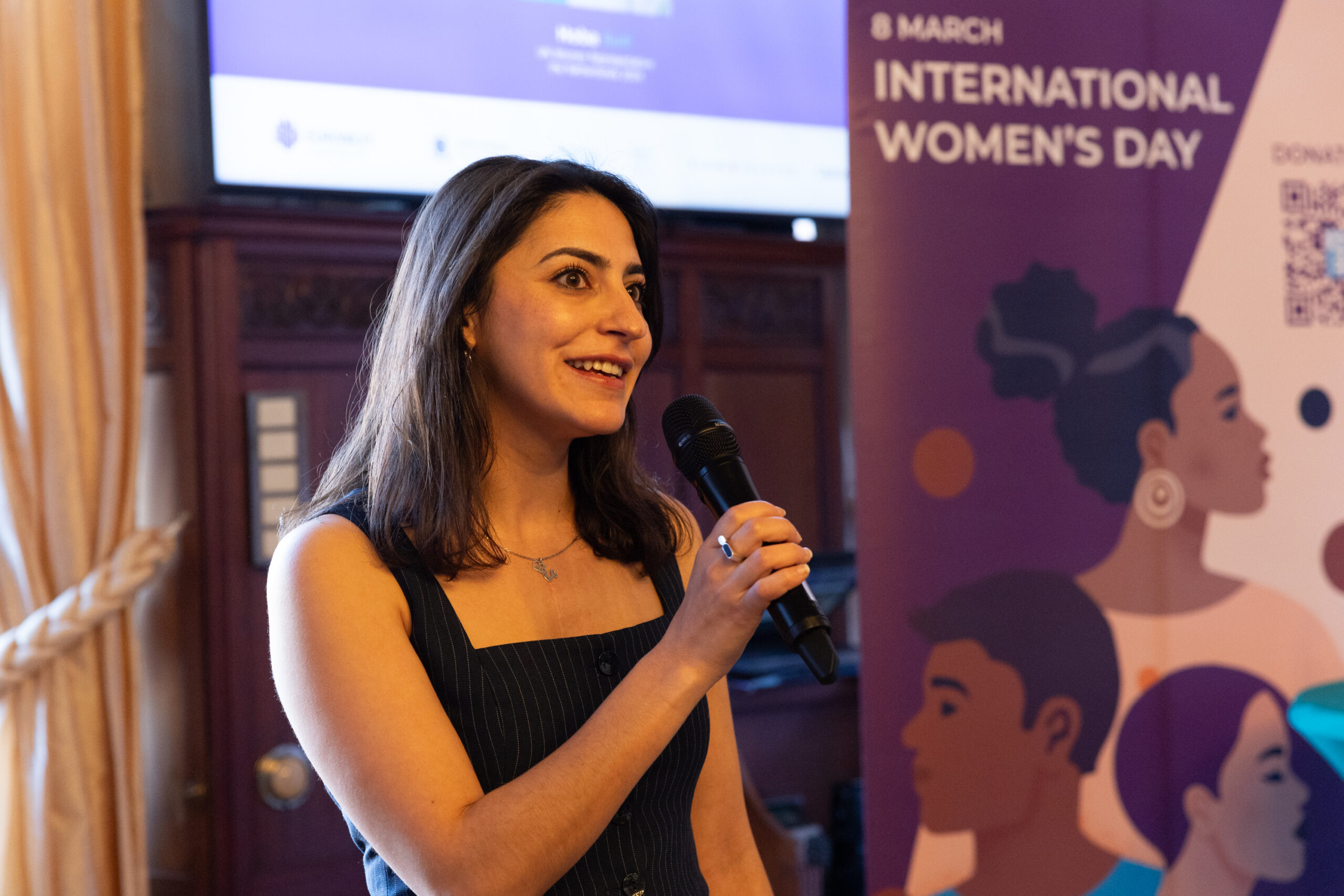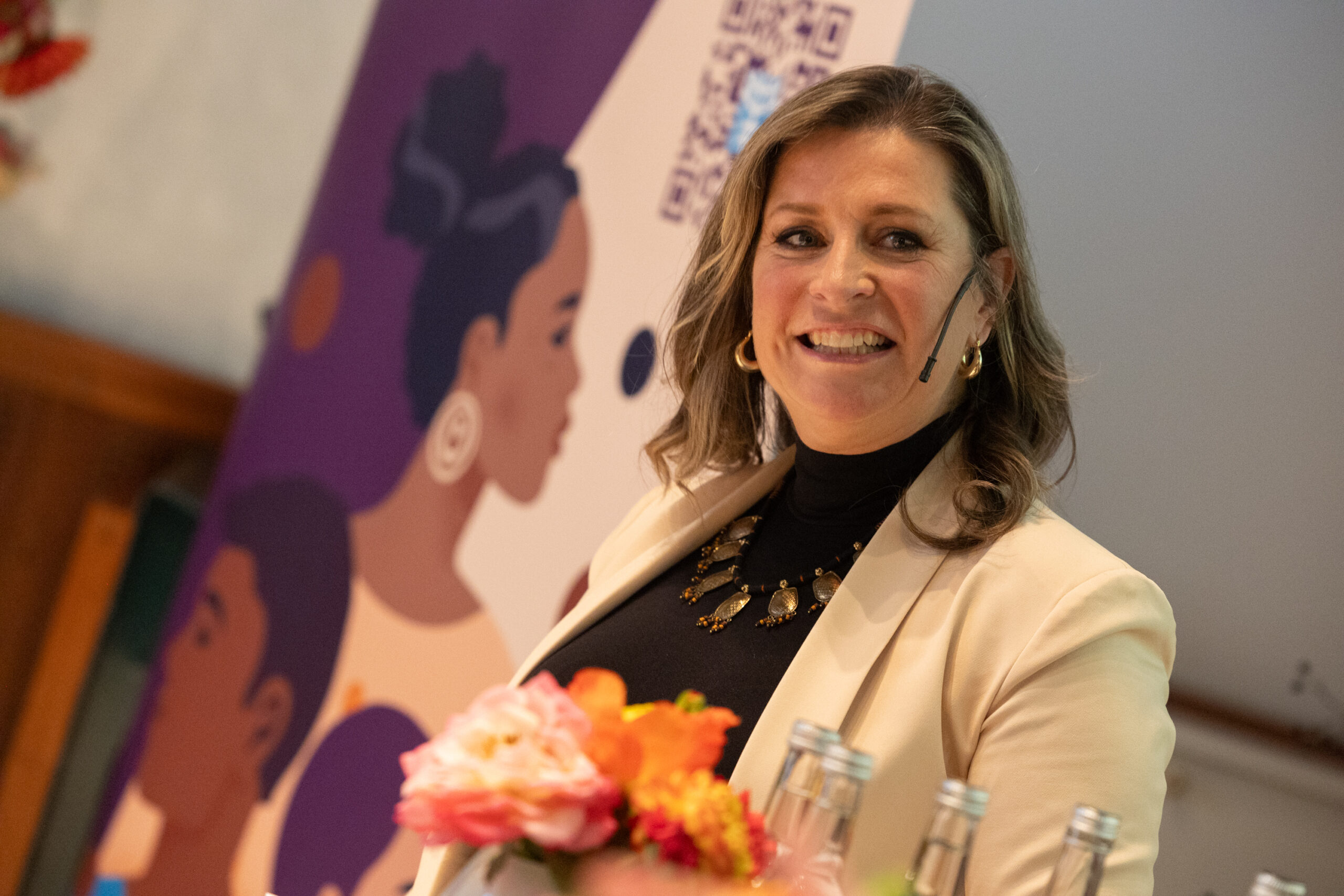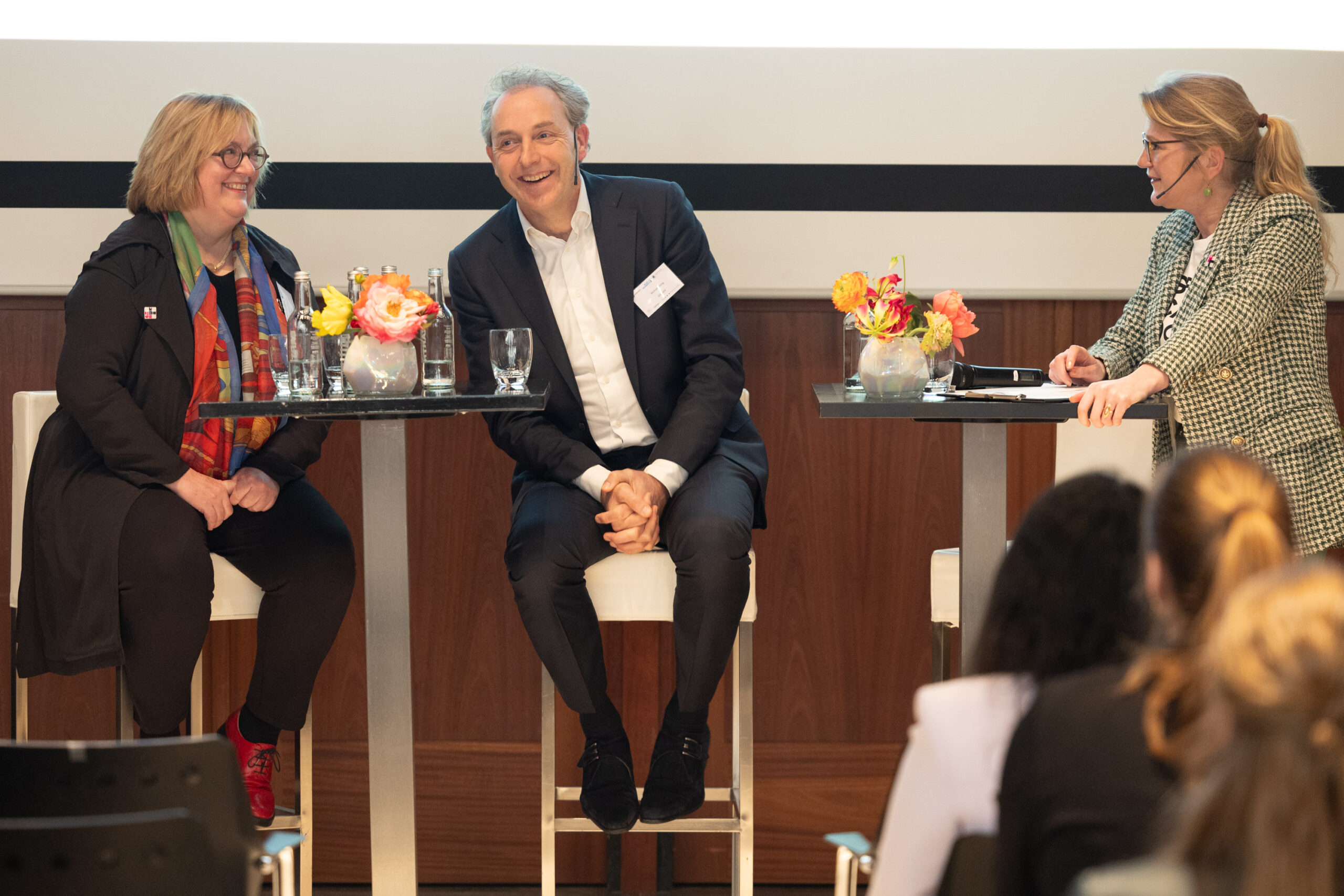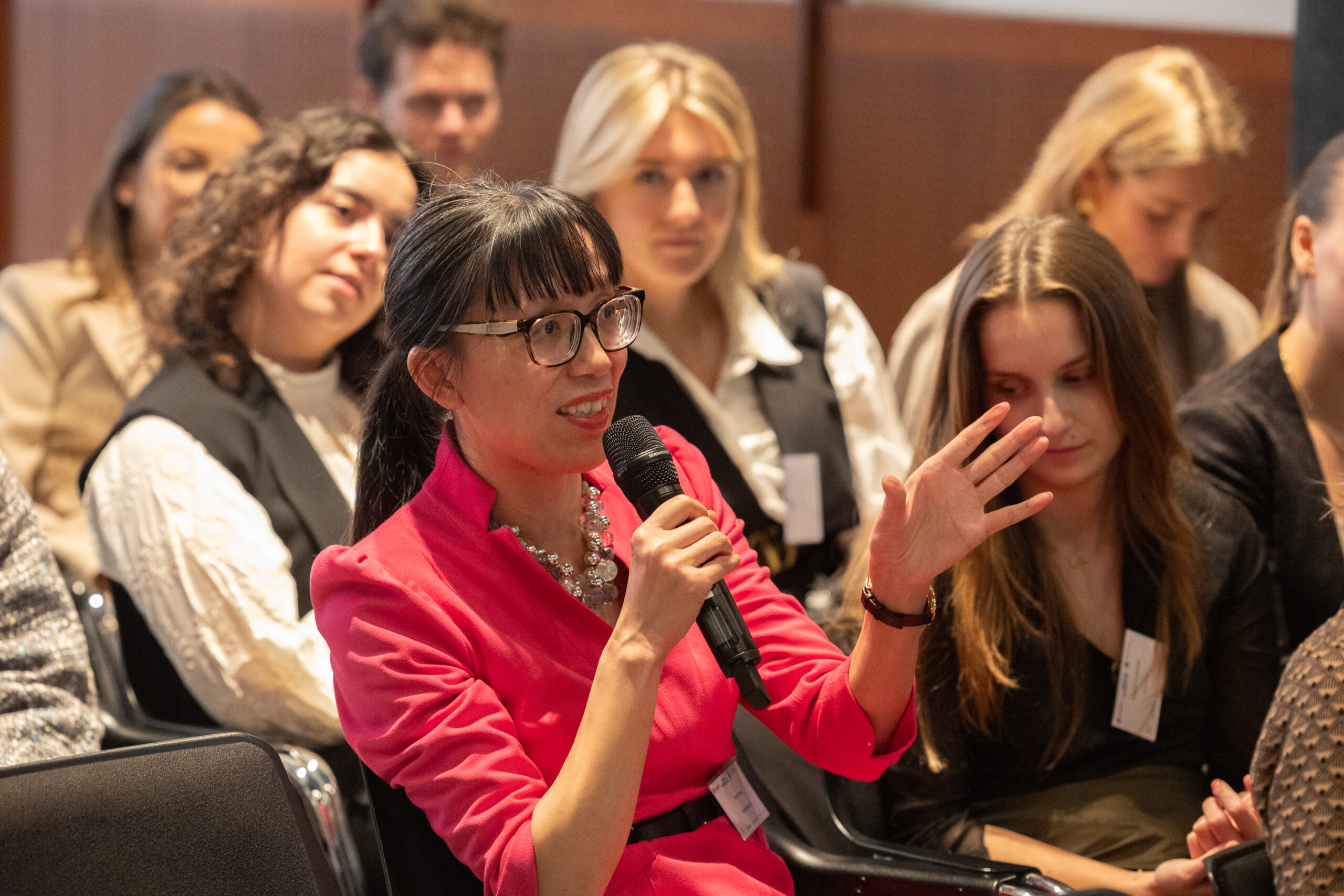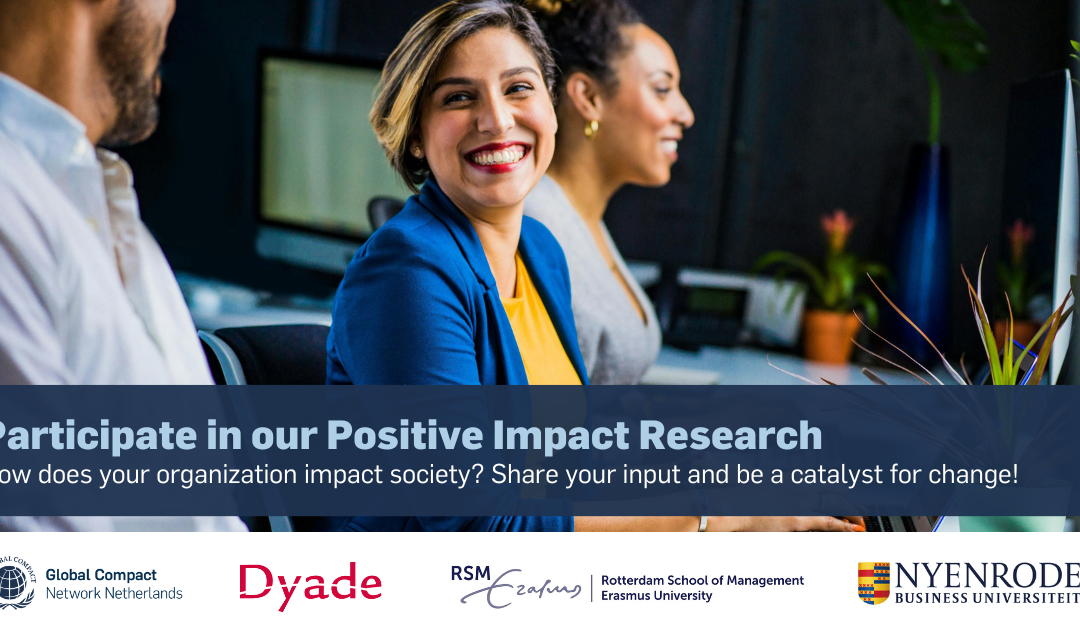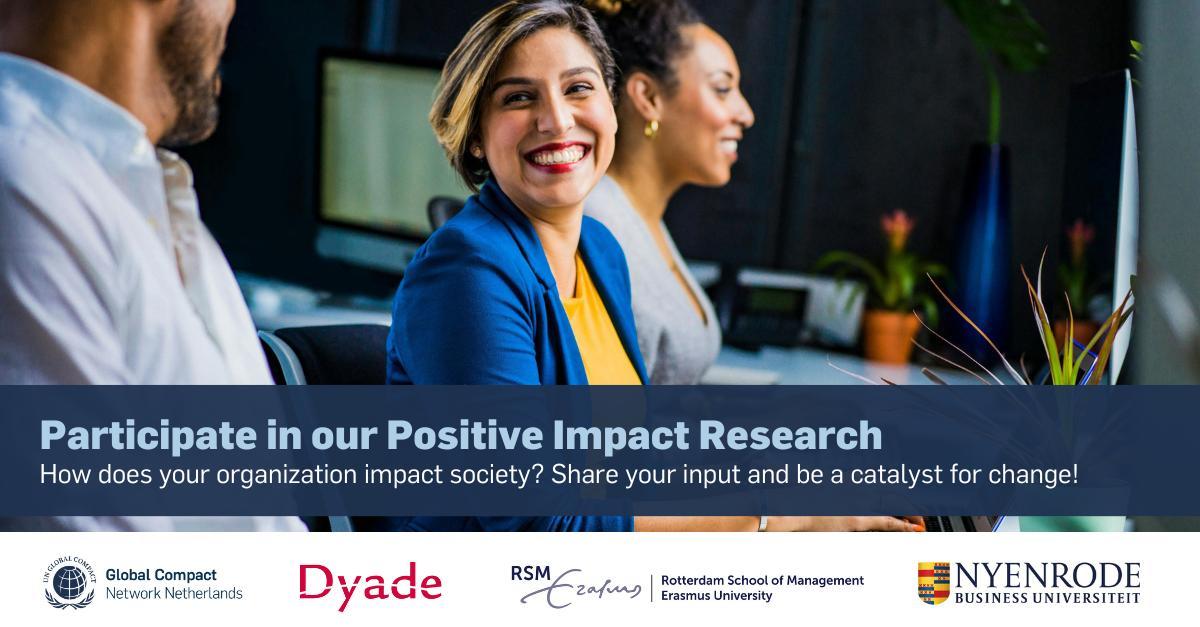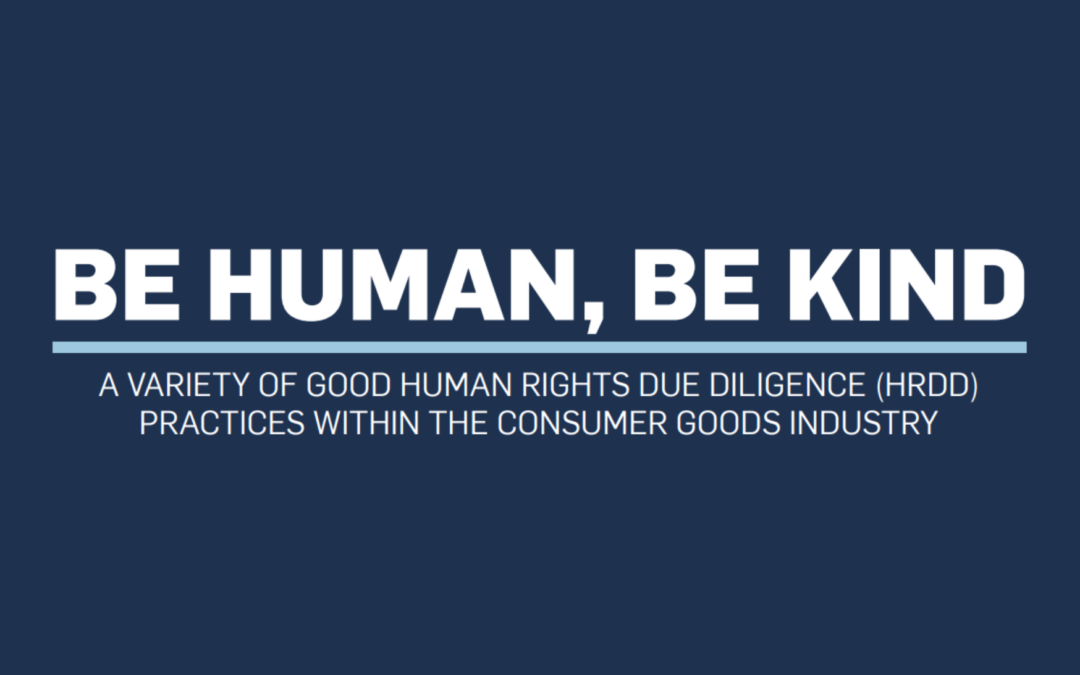
Internship Vacancy: Climate in Business
ARE YOU OUR NEW CLIMATE INTERN?
Position: Climate in Business Intern | Students only!
Duration: 6 months – start in May 2024
Location: The Hague, The Netherlands
Compensation: €600 per month – for 4 days a week
Do you want to help accelerate and upscale the positive impact of Dutch businesses to improve the lives of current and future generations? Ever wondered what it’s like to work for a UN initiative? Are you passionate about climate and engaging with climate experts and companies taking climate action?
If you answered yes to all three questions, come join the UN Global Compact Network Netherlands as our new Climate intern!
About UN Global Compact
UN Global Compact is the world’s largest business sustainability initiative. It has an unparalleled global reach and the exclusive opportunity to activate a diverse network of businesses to advance sustainable development in collaboration with investors, Government, UN, and civil society stakeholders.
The UN Global Compact Network Netherlands is the local network that works on Gender Equality, Living Wage, Diversity, Equity and Inclusion, Sustainable Finance, and Climate. For the Climate programmes, we are looking for an ambitious person who is eagerly looking for a dynamic internship experience in the topic of Climate.
What you will do
As Climate Intern, you will work as part of a young, diverse, and ambitious team on the development of our climate programmes in 2024. You will:
- Support the Climate Ambition Accelerator and our Climate Peer Learning Group
- Enrich our Climate initiatives and programmes with improvement suggestions.
- Investigate and summarise the latest climate trends and climate reports from businesses and research institutes
- Investigate relevant climate initiatives and partners in the Netherlands, Europe, and globally.
Responsibilities
- Support our climate programmes
- Lead climate reporting analysis
- Help out with events
Who we’re looking for:
- You’re in your final year of an MSc University Degree in Business Management, Global Business & Sustainability, International Management, Business Analytics & Management, Strategic Entrepreneurship or similar
- You are knowledgeable about climate, scope 1-2-3, scenarios, transition plans, climate initiatives
- You are an excellent communicator in English, both verbally and in writing. Dutch is a plus
- You are analytically driven and have strong quantitative and analytical capabilities
- You are flexible, eager to learn and a real team player with a can-do mentality
Internship support
During your internship, you will work with and receive professional support from Firas Abdulhasain (Sr Programme Manager Climate) and Merei Wagenaar (Executive Director). You have the possibility to write your thesis on the topic of this internship.
Recruitment process
Please send your resume and cover letter (max 1 A4) to Firas Abdulhasain: Abdulhasain@unglobalcompact.nl by 23 april 2024 23:59 CET.
If you have any questions, please reach out to Firas Abdulhasain via Abdulhasain@unglobalcompact.nl. If you are selected for an interview, you will be invited for an in-person interview in the Malietoren (Bezuidenhoutseweg 12, The Hague). This interview will take place during the last week of April and first week of May.

